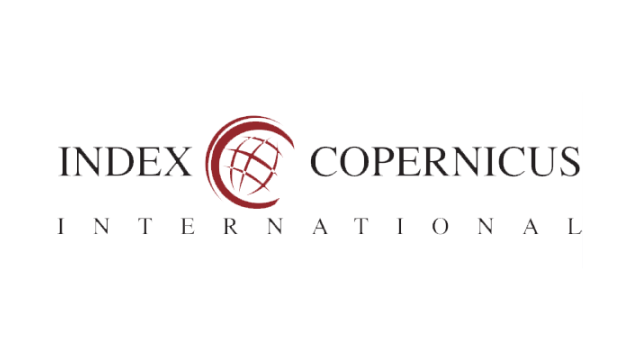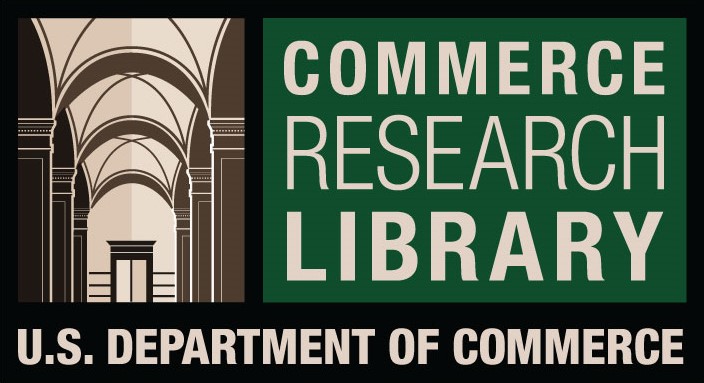MORAL THOUGHT OF NGUYEN AN NINH
DOI:
https://doi.org/10.61841/3qg60855Keywords:
Nguyen An Ninh, moral thought, Vietnamese thought, Vietnamese morality.Abstract
Nguyen An Ninh (1900 - 1943) was a typical Vietnamese thinker in the late 19th and early 20th century. Throughout his life, he left many unique and valuable perspectives, among which is the thought on morality. The contents of moral thought expressed by him were rather diverse and relatively systematic in many aspects, such as: definition of morality, the role of morality, contents of moral standards, methods of moral cultivation, etc. However, the core of his moral thought is liberating the nation, liberating the country, liberating people and leading people to a better life. That's also the requirement of the historical-social practice at that time. If certain limitations of this thought are excused, it can become useful history lessons for the construction and development of each country today.
Downloads
Published
Issue
Section
License

This work is licensed under a Creative Commons Attribution 4.0 International License.
You are free to:
- Share — copy and redistribute the material in any medium or format for any purpose, even commercially.
- Adapt — remix, transform, and build upon the material for any purpose, even commercially.
- The licensor cannot revoke these freedoms as long as you follow the license terms.
Under the following terms:
- Attribution — You must give appropriate credit , provide a link to the license, and indicate if changes were made . You may do so in any reasonable manner, but not in any way that suggests the licensor endorses you or your use.
- No additional restrictions — You may not apply legal terms or technological measures that legally restrict others from doing anything the license permits.
Notices:
You do not have to comply with the license for elements of the material in the public domain or where your use is permitted by an applicable exception or limitation .
No warranties are given. The license may not give you all of the permissions necessary for your intended use. For example, other rights such as publicity, privacy, or moral rights may limit how you use the material.









